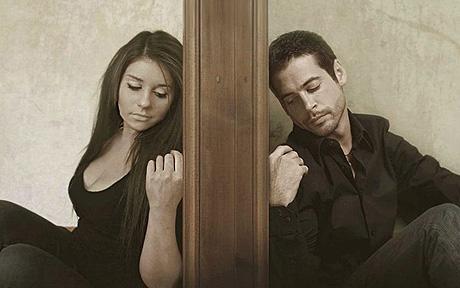By Isha Sharma

Coming back to the notion of socially constructed sexuality and the role of power in that construction, I would like to argue that POWER operates even in the domain of coital heterosexual relationships. Nowadays feminists are concerned about the role of male power in the conjugal space. Rape, sexual harassment, sexual abuse of girls, prostitution and pornography are forms of dominance which replicates a hierarchical worldview.
Surveys conducted by several organizations states that only 7.8% of US women are not sexually assaulted or harassed in their life times and almost 1.8 million women are beaten by husbands or male lovers annually. This information affirms the fact that men routinely use violence against their lovers and use sexuality as a way of ‘exerting power’ over women.

The ‘women press’ suggests that “heterosexuality is an institution created, maintained and enforced upon women by men for their purpose, one of which is to oppress all women everywhere”. For instance in a number of night clubs, women dance provocatively in ‘cages’ for male pleasure. It emphasises on the idea of males who enjoy the victimization which is reflected in their euphoria on seeing women in chains. However the ‘ chains’ also justify women’s ‘need’ for protection and the underlying irony is that both the protector and the oppressor are men themselves.
Number of studies have concluded that women are not happy in heterosexual relationships due to similar reasons stated above. They argue that they have to barter their bodies in lieu of being given the right to be a part of a family, to be a mother of their own children, to survive inside a house and to feed themselves.
Now the question arises, do women really need to objectify themselves? Are they not capable to fight for their own individuality? Should they be dependent emotionally and financially on a man? I think that time has come to know yourself better and to be a part of an egalitarian relationship rather than being a conscious or an unconscious victim.



































